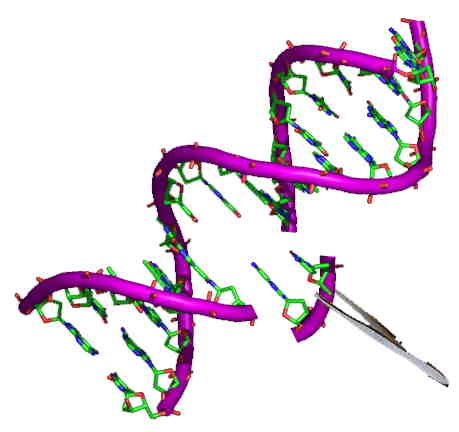Can gene editing kill deadly diseases?
By Colin Baker,
Al Jazeera
| 04. 11. 2023
“This keeps us all awake at night. Once you have edited someone, you cannot unedit them.” Fyodor Urnov, Innovative Genomics Institute, Berkeley, California
Two clinics sit adjacent to one another in a new hospital in a medium-sized city in the developed world.
In one, a family waits for a long-scheduled appointment. Their daughter suffers from a rare inherited disease. One of her genes encodes for a protein that doesn’t perform its functions normally, and her degenerative ailment is most likely fatal. Their doctor is about to discuss a procedure that will remove cells from the affected organ, correct the inherited faults and reinfuse her cells, allowing her organ to perform its functions without the inborn errors that she and her family have been managing since her birth.
The procedure is expensive, requiring a payment plan over a decade financed by a start-up, and it will need chemotherapy and a hospital stay. But it’s a one-time fix, and if side-effects appear down the line, doctors will study them.
In another waiting room, a soon-to-be-expectant couple waits to meet a geneticist. The doctor will present a plan for their unborn baby: to alter a few lines of its DNA to reverse a rare disorder before...
Related Articles
By Diaa Hadid and Shweta Desai, NPR | 01.29.2026
MUMBRA, India — The afternoon sun shines on the woman in a commuter-town café, highlighting her almond-shaped eyes and pale skin, a look often sought after by couples who need an egg to have a baby.
"I have good eggs,"...
By George Janes, BioNews | 01.12.2026
A heart attack patient has become the first person to be treated in a clinical trial of an experimental gene therapy, which aims to strengthen blood vessels after coronary bypass surgery.
Coronary artery bypass surgery is performed to treat...
By Staff, ScienceDaily | 01.05.2026
Scientists at UNSW Sydney have developed a new form of CRISPR technology that could make gene therapy safer while also resolving a decades-long debate about how genes are switched off. The research shows that small chemical markers attached to DNA
...
Following a long-standing CGS tradition, we present a selection of our favorite Biopolitical Times posts of the past year.
In 2025, we published up to four posts every month, written by 12 authors (staff, consultants and allies), some in collaboration and one simply credited to CGS.
These titles are presented in chronological order, except for three In Memoriam notices, which follow. Many more posts that are worth your time can be found in the archive. Scroll down and “VIEW...




